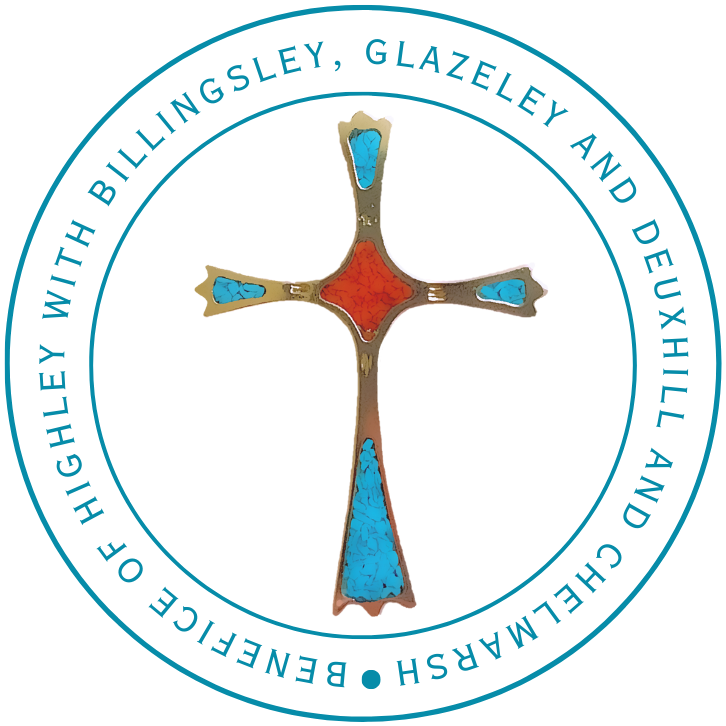It is often easy to feel sympathy for someone, to recognise that they are in distress and feel sorry for them. Empathy goes beyond this; it is an attempt to (mentally) enter into their world and to share in their pain. It is a relatively recent word, first found in English in 1908 and being a translation of a technical term being used by German psychologists. However the deep sharing of another’s feelings is surely much older. It is perhaps something we need to be careful with; I try to avoid telling people I know how they feel, as it is unlikely that I fully know all the nuances of their feelings. I sometimes worry that it is used as a form of virtue signalling; the person declaring themselves as empathetic really just wants those around them to know what a considerate person they are. But those reservations aside, the ability to use our imagination to try and enter into another person’s broken life can help us understand their situation, even if all we can do is to sit in silence with them. At the heart of the Christian message is that God not only has sympathy, he/she has (uniquely?) real empathy through coming into our world through Jesus, both fully God and fully human. The carol, Once in Royal David’s City, written in 1848, has the lines “And He feeleth for our sadness, And He shareth in our gladness”. Perhaps had it been written a century later, the words would have been slightly different, to make it clear God completely feels and shares both in our sadness and our gladness. There are times when I think I can only worship a God who is truly empathetic with us.
Rev David Poyner

